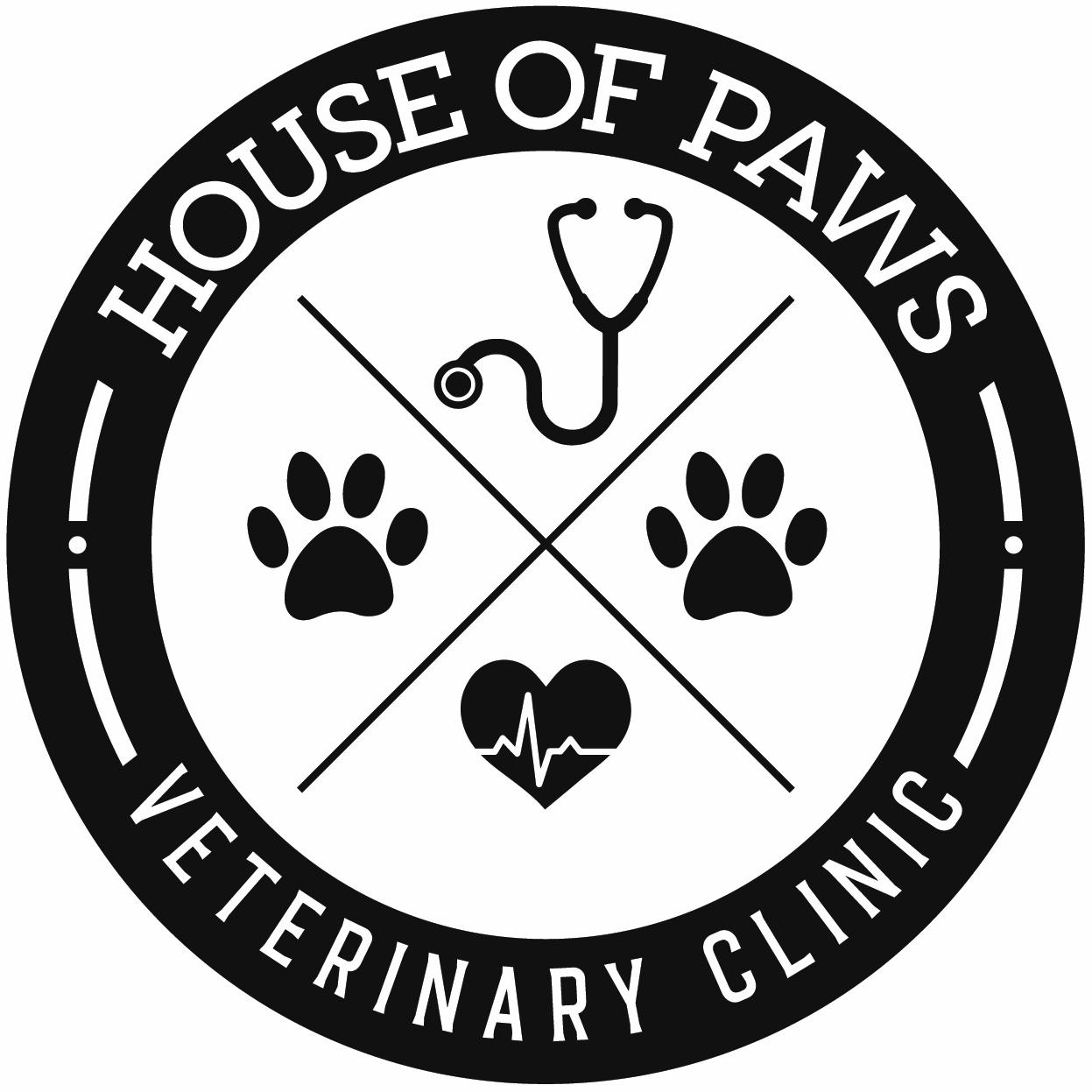Safely Enjoy the Outdoors: 4 Key Dog Park Safety Tips for Responsible Pet Owners
When entering an off-leash play area with your beloved canine companion, it’s important to be prepared and follow our tips to ensure their safety and well-being.
#1: Safeguard your dog against infectious diseases
Reputable dog parks require proof of vaccination to grant access, so make sure your dog is up to date on essential vaccinations such as rabies, distemper, parvovirus, and bordetella. Additional vaccinations like canine influenza, parainfluenza, and leptospirosis may also be required or recommended. Ensure your pup is adequately protected before visiting the park.
#2: Choose off-peak times for park visits
Dog parks tend to be most crowded right after the workday ends when energetic dogs are eager to release their pent-up energy. Overexcited dogs are less likely to follow proper canine etiquette, increasing the risk of conflicts and fights. Opt for visiting the park during off-peak hours, allowing your dog to exercise without the worry of a pack of dogs chasing them while they play with a ball.
#3: Double up on identification
While it’s unlikely that your dog will escape through the double gate at the park’s entrance, accidents can happen. Ensure a happy reunion with your furry friend by providing multiple forms of identification, including collar ID tags, a collar embroidered with your phone number, and a microchip.
#4: Watch for warning signs
Dog parks are not ideal for teaching socialization skills, so it’s crucial to be attentive to inappropriate behaviors or signs of discomfort in your dog. Stress, anxiety, and fear can manifest in various ways, including running away, a tucked tail, freezing, excessive drooling, disproportionate panting, trembling, cowering, clingy behavior, lip licking, whale eye, raised hair, and reactivity or aggression (e.g., barking, growling, nipping). If you notice any signs of unease in your dog, it’s best to leave the park promptly to prevent further escalation.
Off-leash dog parks may not be suitable for every dog. Some dogs prefer one-on-one socialization or independent exploration rather than being in a large pack of enthusiastic canines. Regardless of your dog’s socialization preferences, ensure they are protected against infectious diseases and parasites through regular preventive care. Contact our team to schedule your dog’s annual wellness visit and stay up to date on their health needs.

